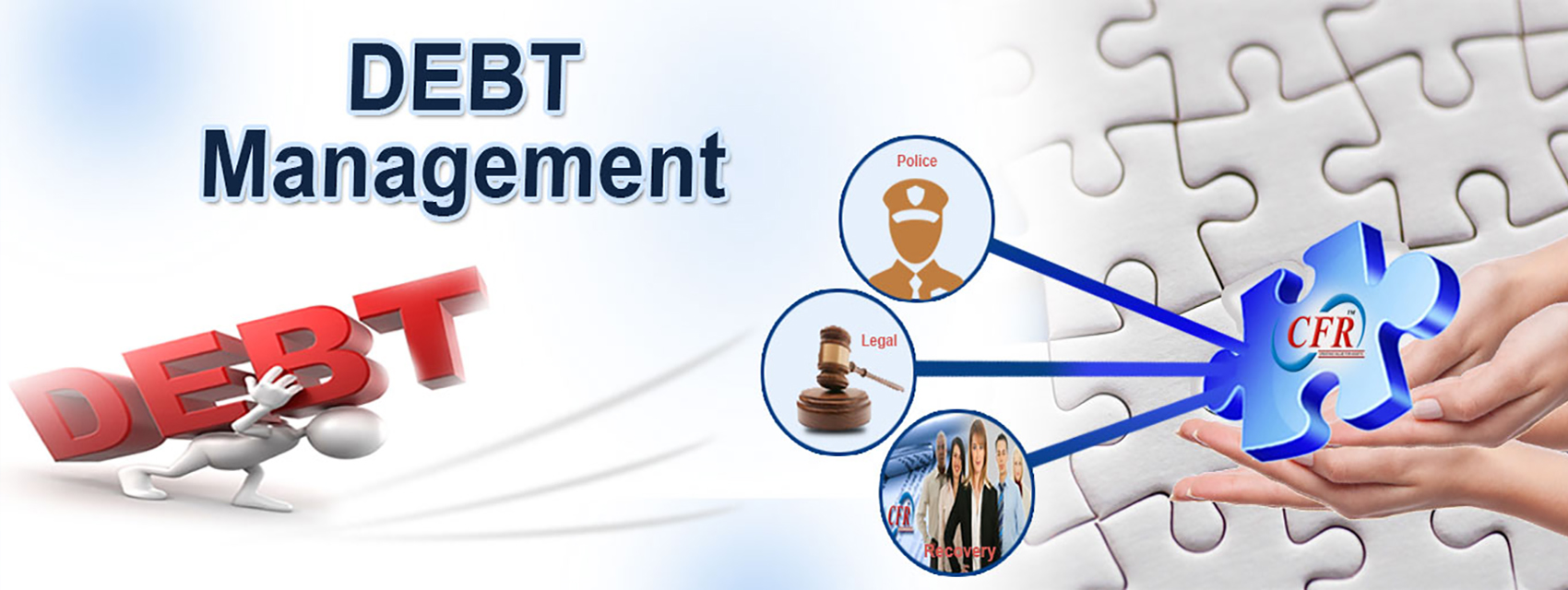Comprehensive Debt Management Plan Services for Effective Financial Recovery
Comprehensive Debt Management Plan Services for Effective Financial Recovery
Blog Article
Specialist Tips and Methods for Implementing a Successful Debt Administration Strategy
When it comes to navigating the intricacies of debt management, having a well-thought-out strategy is essential for attaining financial security. Applying expert ideas and techniques can make a substantial difference in your journey towards financial obligation relief. From analyzing your present financial standing to discussing with creditors, each step plays a crucial duty in shaping a successful financial debt management strategy. By comprehending the ins and outs of debt monitoring and adopting tested strategies, individuals can lead the way for an extra safe and secure economic future.
Examining Your Existing Financial Situation
Before starting a debt monitoring plan, it is crucial to extensively examine your present economic standing. Comprehending your financial situation is the foundational action towards successfully managing and minimizing your debt. Begin by compiling an in-depth listing of all your financial debts, including impressive equilibriums, passion rates, and minimum regular monthly repayments. This will supply a clear overview of the level of your monetary commitments. Additionally, assess your earnings sources and monthly expenditures to identify your disposable revenue available for financial obligation settlement.

Developing a Realistic Budget
Understanding your present economic circumstance lays the foundation for establishing a practical budget plan that aligns with your financial debt administration objectives and monetary abilities. When developing a spending plan, it's important to precisely track your earnings, costs, and financial debt obligations. Begin by detailing all income sources, consisting of incomes, bonuses, and any kind of additional incomes. Next off, outline your fixed expenses such as rental fee or home loan payments, utilities, insurance policy, and finance payments. Variable costs like groceries, amusement, and transport must also be made up. By categorizing your expenses, you can determine areas where you may need to reduce to maximize funds for debt repayment.

Prioritizing and Tackling Financial Obligations
To effectively restore control of your finances and work towards financial stability, focusing on and tackling your financial debts is a critical action in your debt management plan. Beginning by noting all your financial debts, including bank card, fundings, and any type of other exceptional equilibriums. Recognize high-interest financial obligations that are costing you the most money and prioritize paying them off initially. By concentrating on view it now these high-interest debts, you can save money over time and lower the overall amount you owe.
After determining your high-interest financial obligations, take into consideration using techniques like the financial debt snowball or financial debt avalanche approach to pay them off systematically. The debt snowball approach entails paying off the tiniest financial obligations initially, while the financial obligation avalanche approach prioritizes financial debts with the greatest rate of interest. Choose the approach that lines up finest with your financial goals and motivates you to maintain making progression.
Furthermore, consider working out with creditors for reduced rate of interest or setting up a payment plan if you're struggling to meet try here your existing responsibilities. Looking for help from a credit score therapist or financial consultant can also supply beneficial insights and support on exactly how to effectively tackle your financial debts - debt management plan services. By prioritizing and resolving your debts tactically, you can lead the means in the direction of a debt-free future and improved monetary wellness
Negotiating With Creditors
When involving in debt monitoring, working out with financial institutions is a crucial action towards discovering mutually useful services for financial debt settlement. Prior to starting negotiations, it is necessary to have a clear understanding of your financial scenario, including your revenue, costs, and the total quantity of debt owed.

Building Healthy And Balanced Financial Routines
Integrating constant budgeting techniques is crucial for growing healthy monetary practices. Budgeting allows individuals to track their revenue and expenses, allowing them to make informed decisions concerning their monetary priorities. Establishing certain economic goals, such as saving for emergency situations or retired life, can description supply a clear roadmap for handling money efficiently.
An additional key facet of structure healthy economic habits is living within one's means. This includes costs less than what is earned and preventing unnecessary financial obligation. Embracing a penny-wise state of mind and distinguishing between requirements and wants can aid people make more sensible investing options.
Regularly reviewing economic statements and keeping an eye on credit rating reports are critical practices that promote monetary awareness and obligation. By staying notified about their economic standing, people can determine prospective issues early on and take aggressive steps to address them.
Additionally, developing a financial savings routine, despite percentages, can contribute significantly to lasting monetary protection. Conserving on a regular basis not only constructs an economic padding for unanticipated expenses yet also promotes a sense of discipline and responsibility towards finance. By continually exercising these practices, individuals can lay a strong structure for a secure financial future.
Conclusion
Finally, implementing a successful financial debt management strategy calls for an extensive analysis of one's financial scenario, the growth of a realistic budget plan, prioritizing and tackling financial obligations, negotiating with lenders, and building healthy financial habits (debt management plan services). By complying with these professional suggestions and techniques, individuals can take control of their financial resources and job towards accomplishing monetary stability and flexibility from financial debt
Recognizing your present economic circumstance lays the groundwork for creating a practical budget that aligns with your debt monitoring goals and monetary capabilities.To efficiently reclaim control of your financial resources and work towards financial stability, prioritizing and tackling your financial obligations is an essential step in your financial debt administration strategy.After recognizing your high-interest debts, consider making use of methods like the debt snowball or financial debt avalanche approach to pay them off systematically. The debt snowball approach involves paying off the smallest financial obligations initially, while the debt avalanche technique focuses on debts with the highest possible interest prices.When engaging in financial obligation monitoring, bargaining with lenders is a critical action towards finding equally beneficial services for financial debt repayment.
Report this page